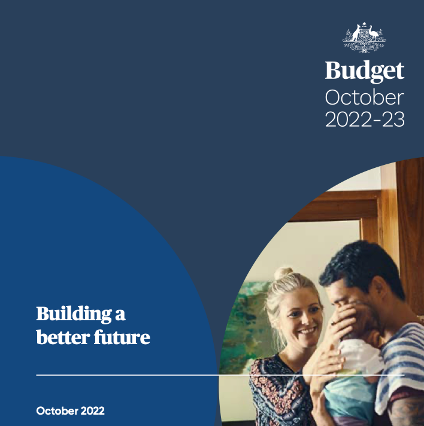The 2022-23 Federal Budget has been released, which outlines a $120 billion pipeline for transport infrastructure over the next 10 years.
As an industry participant, Felix CEO Mike Davis offers his take from three angles.
Skill shortages
While the infrastructure funding was lower than the industry had hoped for, other issues were again brought into light, including “labour constraints and supply chain delays”.
“I believe we can empower the existing workforce to improve productivity – both onsite and offsite, said Mike Davis, CEO of Felix.
This echoes the Australian Constructors Association’s view, that we should all work together and put in “measures to improve industry productivity—not by kicking the can down the road and hoping the situation improves.”
“One of those measures could be using technology, from pre-construction phase down to when you turn the first sod and even beyond that,” said Mr Davis.

Supply chain and workforce diversity
Tying to the above, building long-term capacity of the workforce by supporting participation from more groups is a great strategy.
“We don’t have to rely on mandated targets to get things moving in the right direction. Businesses can open themselves up to new ways of working and thinking, while tapping/ upskilling potential new supply chain partners.”
“Again, technology can help reduce the strain from all the sourcing, record keeping, performance reporting processes so businesses can focus on the real value-add tasks – which is working with their new vendors,” said Mr Davis.
Bid efficiency
More than ever, this is the time for all industry participants to take a critical look inwards and identify any inefficiency during any process.
Why? Because there is a good chance you can cut wastage during critical processes that are usually labour intensive.
Technology can be one tool in the arsenal to streamline workflows and make it easier for all parties to collaborate and move forward, rather than finger-pointing and blaming each other for bottlenecks.
“A prime example in the industry that we’ve seen time and time again is how much time and effort people spend on duplicated and manual during tendering. And that’s also where technology can be of great help.
Imagine being able to digitise and reduce manual tasks, while being to bring up shared knowledge at the right time to the right people. And you don’t have to stop at improving bid efficiency, there are many more opportunities to improve with technology,” said Mr Davis.
Related Articles

Building high-performance procurement teams
As talent shortages sweep through the construction industry and impact productivity, procurement is starting to feel the effects. Focusing on increasing the performance of your procurement team is important to delivering long-term outcomes.

Cyber security compliance: the key to building trust with our customers
In today's digital landscape, where cyber threats loom large and data breaches dominate headlines (think Optus and Medibank), effective cyber security compliance is no longer optional – it's essential.

5 reasons why Procurement Schedule is better than using spreadsheets
Research has found that nearly 90% of spreadsheets have errors. These are mainly human errors, as we know people make mistakes, especially when under pressure. Couple this with the fact that spreadsheets are difficult to maintain and manage, and tend to become more complicated as projects grow.
Let's stay in touch
Get the monthly dose of supply chain, procurement and technology insights with the Felix newsletter.



